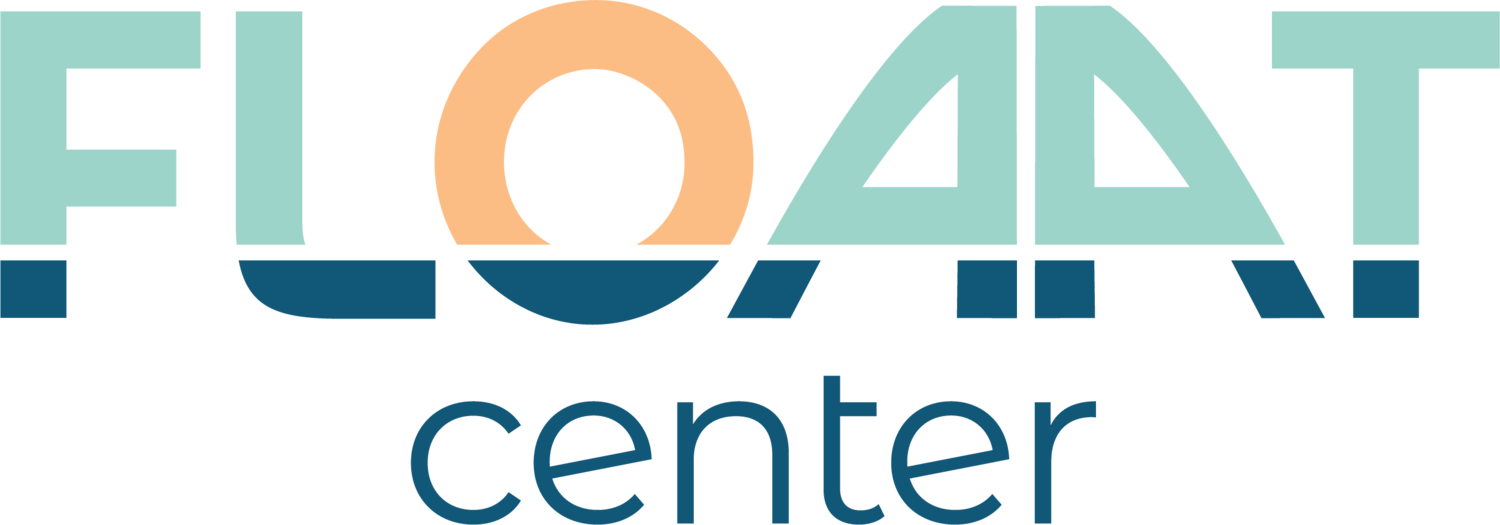Supportive Professionals You May Encounter After an Autism Spectrum Disorder Diagnosis
Author: Madeleine Ryan, UF Student
Published: August 2022
Autism spectrum disorder (ASD) is a developmental and neurological disorder that affects behavior, communication, learning, and social interactions. ASD can be detected as early as 15 months to 18 months old — however, it is generally not discovered until much later. The average age to be diagnosed with ASD is 4.8 years old for males and 5.4 years old for females.
Due to ASD being a developmental neurological disorder, the symptoms can affect daily life functions. There are many health professionals available to help reduce the symptoms caused by this disorder. Here are five common health professionals that families might encounter after receiving a diagnosis of autism spectrum disorder:
Occupational Therapists
People with autism spectrum disorder often turn to occupational therapists, who help to teach their patients how to live independently with their health disorders. Some skills an occupational therapist could help with are daily activities like bathing and eating, socializing, motor development, regulating emotions, and managing sensory sensitivities.
Neurologists
A neurology group can help test for any other neurological or pervasive developmental disorders that can be related to ASD, such as seizures. Neurologists can also aid in the understanding of delayed development, motor, and speech skills.
Psychiatrists
Psychiatrists can develop a treatment and intervention plan to aid and reduce distressing symptoms associated with ASD and comorbid conditions such as anxiety disorders. They can also prescribe medication and give referrals if needed.
Speech and Language Pathologists
Speech pathologists can help patients with ASD increase their ability to understand and improve their speech and language skills as well as social skills. Depending on the spectrum of ASD, the person could be verbal or nonverbal. They can communicate in many ways, such as verbally or through signs, gestures, and pictures. Speech and language therapists can make communication more functional for those with ASD.
Applied Behavioral Analysts (ABA)
Behavioral analysts encourage those with autism spectrum disorder to make positive behaviors and prevent any harmful behaviors throughout their daily lives. This can help improve their attention, communication, independent living skills, and socialization skills while also managing any repetitive behaviors they may be prone to.
If you are seeking professional guidance for children with ASD, as well as with various other mental health disorders, the FLOAAT Center offers various resources to help aid their social communication and interaction. Reach out to us today to take the first step towards getting the care necessary for you or your child.
